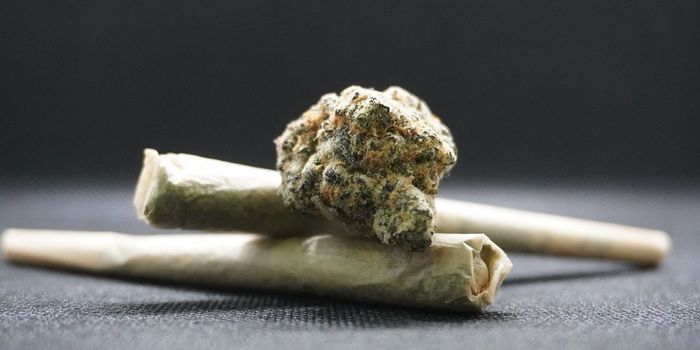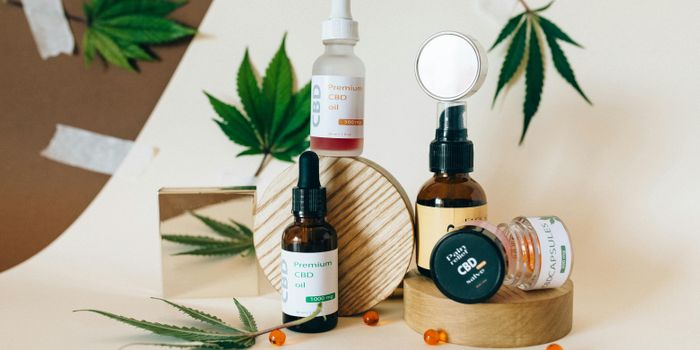Cancer Patients Use Less Cannabis than General Public
Despite increasing legalization for recreational cannabis across the US, cancer patients have largely abstained from using the plant. The research was published in Cancer by researchers at Virginia Commonwealth University Massey Cancer Center.
“Because of law enforcement changing, we expect to see changes in attitudes and perceived benefits and harms,” said Sunny Jung Kim, Ph.D., co-author of the study, “This work gives us perspective on the prevalence of cannabis use among cancer patients and how it has changed over time.”
For the study, the researchers examined data from almost 20,000 people collected between 2013 and 2018 from the Population Assessment of Tobacco and Health (PATH), a dataset that tracks a sample of Americans on their smoking behaviors both with tobacco and cannabis.
Whereas 14% of people with no history of cancer reported using cannabis, just 9% of those with a history of cancer reported using the plant. Even after controlling for factors including age and race, the researchers found that rate of cannabis usage among cancer patients remained stagnant between 2013 and 2018, even though it increased for the general population as legalization for recreational use increased.
“There is that element of a life-changing moment when you have cancer,” said Bernard Fuemmeler, lead author of the study. “You have to be mindful of your health and contemplate whether something like cannabis is helpful or hurtful.”
The researchers noted that overall, people with higher levels of pain were more likely to use cannabis. Meanwhile, women, older people, those with higher incomes, medical insurance, and better mental health were less likely to use the plant.
“As with all health decisions, it’s best to talk to your doctor before making any big changes,” said co-author of the study, Egidio Del Fabbro, M.D,“Now that marijuana is becoming legal in more parts of the country, we’re expecting more questions, and although we may not have all the answers, we’re here to listen and provide our patients with the best available evidence.”
Sources: Cancer, EurekAlert









